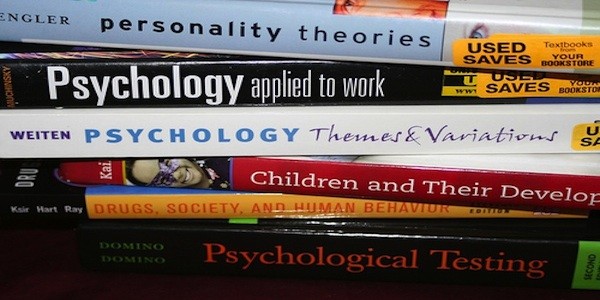dmlcentral.net
"Game Changer" Competition
Take a few minutes and help influence the next generation of games. The 2010 game design competition sponsored by HASTAC and the MacArthur Foundation Digital Media and Learning program is looking for help in deciding which games and designers deserve to advance. The narratives in this year's proposals are innovative, fun, gripping and timely, including: finding a missing genius scientist, repelling invaders of human consciousness, rescuing victims of a killer earthquake, and the proper care and feeding of aliens. They all feature provocative characters, including: “Sackboy,” a Geico-like lizard named “Sal,” an invisible time traveling professor named “Momo,” and many others.… more
Public by Default, Private when Necessary
With Facebook systematically dismantling its revered privacy infrastructure, I think it's important to drill down on the issue of privacy as it relates to teens. There's an assumption that teens don't care about privacy but this is completely inaccurate. Teens care deeply about privacy, but their conceptualization of what this means may not make sense in a setting where privacy settings are a binary. What teens care about is the ability to control information as it flows and to have the information necessary to adjust to a situation when information flows too far or in unexpected ways. When teens argue that they produce content that is "public by default, private when necessary," they aren't arguing that privacy is disappearing. Instead, they are highlighting that both privacy AND publicity have value. Privacy is important in certain situations - to not offend, to share something intimate, or to exclude certain people. Yet, publicity can also be super useful. It's about being present in social situations, about chance encounters, about obtaining social status.… more
eBooks and Learning
Now that the ebook industry has set its sights on the textbook and educational markets, it's especially important for educators to shape discussion of the benefits and potential impact of ereaders. Rather than bemoan the loss of wood pulp and glue that make up current texts, we are better served by asking how these physical objects serve learning, and what is lost (or gained) by replacing them with electronic texts. One doesn't have to abandon a love for print books to appreciate the unique affordances of new technologies. For example: how many would prefer poring through multiple volumes of a print encyclopedia to the clean, stream-of-consciousness experience offered by hyperlinks in a digital encyclopedia?… more


